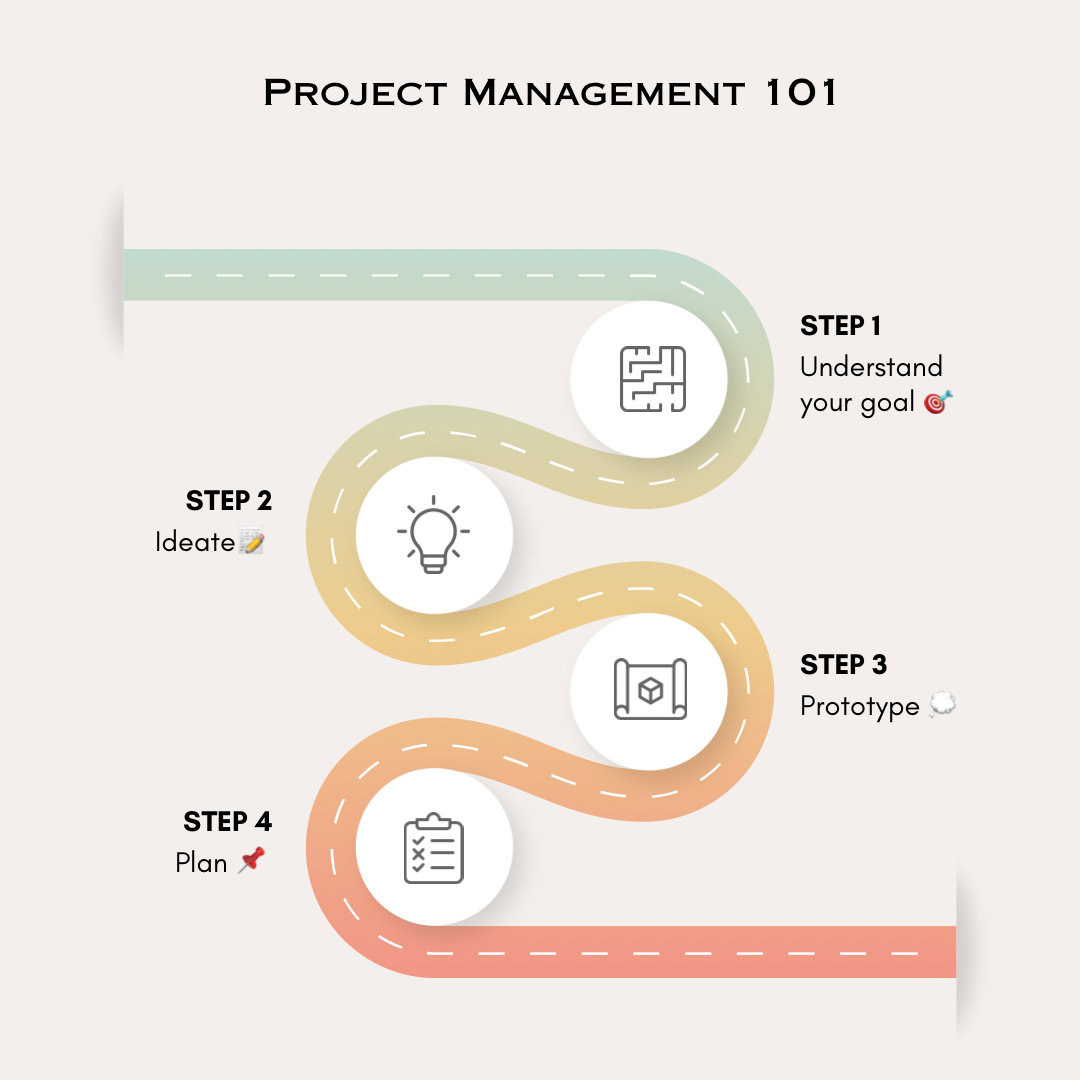Introduction:
Project management is the art of transforming dreams and visions into tangible realities. It is a discipline that encompasses a set of principles, practices, and techniques aimed at successfully planning, organizing, and executing projects. In this article, we will delve into the definition of project management and explore its fundamental concepts, highlighting how it can help individuals and organizations bring their aspirations to life. Let’s embark on this exciting journey of turning dreams into reality through effective project management.
Defining Project Management:
At its core, project management involves applying knowledge, skills, tools, and techniques to achieve specific project objectives within defined constraints. It is about orchestrating resources, managing timelines, and ensuring the delivery of desired outcomes. Project management provides a structured approach to transform ideas and goals into concrete plans and actions, bridging the gap between imagination and realization.
Key Elements of Project Management:
- Planning: Thorough planning is the foundation of successful project management. It involves defining project goals, scope, deliverables, and identifying the necessary tasks, resources, and timelines.
- Organization: Effective project management requires organizing resources, both human and material, in a way that optimizes their utilization and ensures smooth workflow.
- Coordination and Communication: Project management relies on clear and efficient coordination among team members and stakeholders. Regular and transparent communication facilitates collaboration and keeps everyone informed.
- Risk Management: Identifying and managing risks is a critical aspect of project management. Anticipating potential obstacles and having contingency plans in place mitigates the impact of uncertainties.
- Monitoring and Control: Constant monitoring and control enable project managers to track progress, identify deviations, and take corrective actions to keep the project on track.
- Leadership: Project managers play a crucial role in leading and motivating their teams, guiding them towards project success. Effective leadership fosters a positive and productive project environment.
Benefits of Project Management:
By embracing project management practices, individuals and organizations can reap numerous benefits:
- Clarity and Focus: Project management brings clarity to project goals, enabling stakeholders to align their efforts and resources towards achieving specific objectives.
- Efficiency and Productivity: Well-planned projects with streamlined processes lead to improved efficiency and increased productivity, as tasks are executed in a structured and organized manner.
- Resource Optimization: Effective resource management ensures the optimal utilization of available resources, minimizing waste and maximizing output.
- Risk Mitigation: Project management emphasizes risk identification and mitigation, reducing the likelihood of costly setbacks or failures.
- Stakeholder Satisfaction: Engaging stakeholders throughout the project lifecycle fosters a sense of ownership and satisfaction, resulting in stronger relationships and support.
- Improved Project Outcomes: With proper planning, control, and execution, project management enhances the chances of delivering projects on time, within budget, and with desired quality.
Conclusion:
Project management serves as the bridge between dreams and reality, providing a systematic and structured approach to bring ideas to life. It empowers individuals and organizations to transform their aspirations into successful projects. By harnessing the principles and practices of project management, we can navigate complexities, overcome challenges, and achieve remarkable outcomes. So, let’s embrace project management and embark on a journey of turning dreams into reality!
